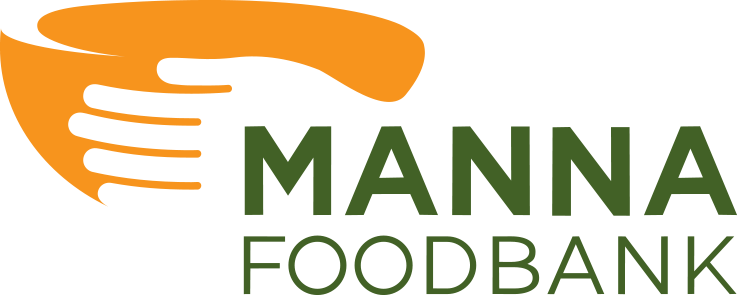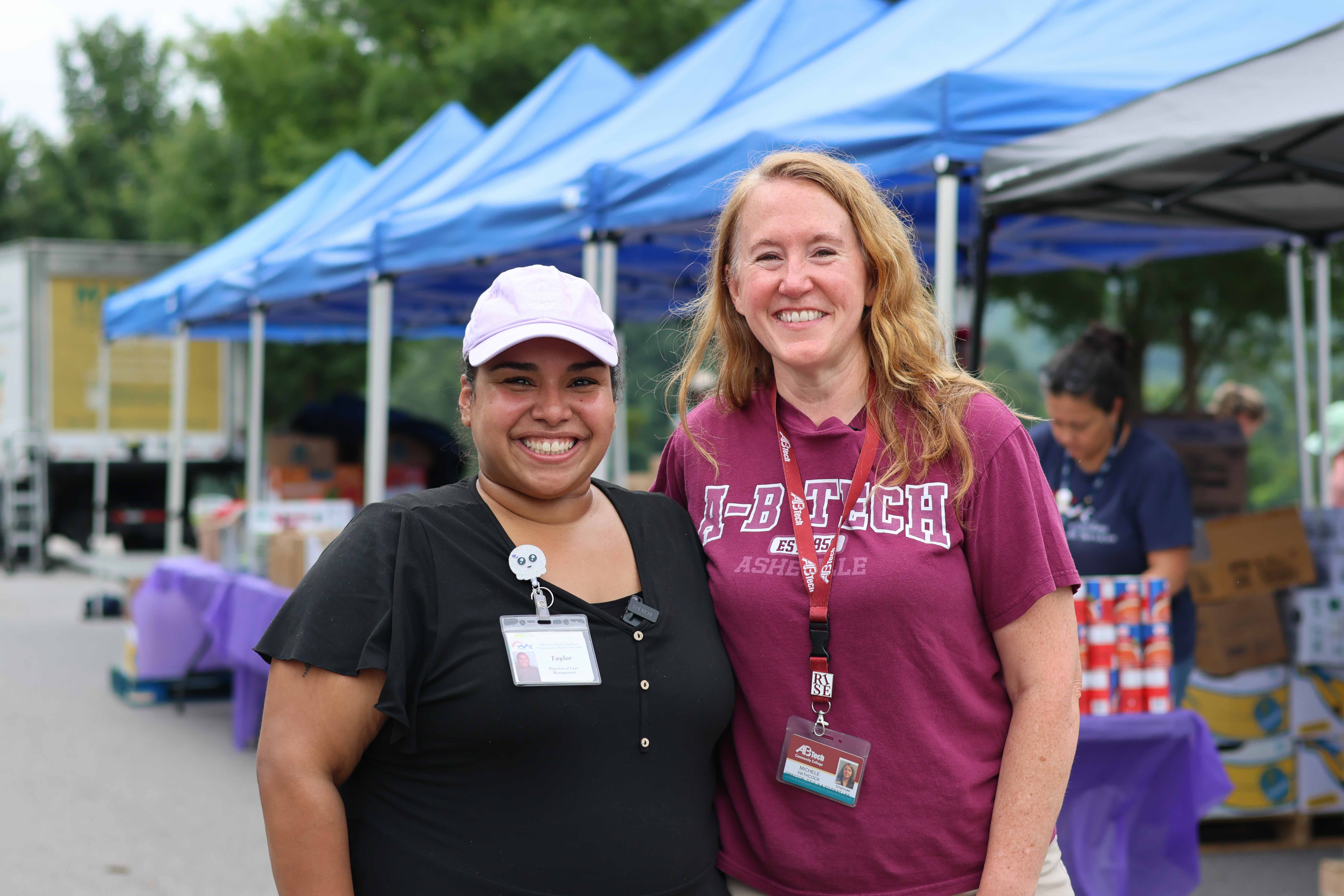MANNA FoodBank has seen firsthand how the Food and Nutrition Services (FNS) program, formerly called food stamps, helps North Carolina families get the food they need to survive and live productive lives. We know that the FNS program provides critical assistance to those who are facing multiple challenges in making ends meet to provide for themselves and their families. We know that even with 222 partner agencies in 16 counties—including churches, community centers and care facilities—the MANNA network cannot be the sole provider of nutritional support for all those in need across our region. The work to eliminate hunger in WNC must be a partnership with many entities, including our state government.
Last Friday, the NC Senate approved the state’s budget bill. It now moves to the NC House for a final vote, to come in the next few weeks. This bill includes several cuts that will severely impact families that are already struggling to make ends meet, and we need your help to ensure that the NC House of Representatives work hard to find better solutions that will not leave the over 130,000 people–50,000 of those being children–facing hunger. Until our economy can offer family-sustaining jobs to everyone able to work, and food security to the children, elderly, veterans, and disabled, MANNA must oppose cuts to the federally supported FNS program and we ask you to do the same.
About the budget cuts: The Senate budget plans to cut a process called “categorical eligibility” which qualifies families with children for certain federal assistance programs. The budget wants to eliminate this process, and the real effect was calculated by the NC Department of Human Health and Services (DHHS). Their findings are staggering: They found that eliminating categorical eligibility would strip food assistance from more than 133,000 low-income North Carolinians, 51,345 of whom are children who could ALSO lose free or reduced school meals. The impact would be a double blow to NC families that depend on this assistance to live. They found that 36 percent of the affected households losing food assistance have children, 28 percent of households support elders, and 23 percent of households support people with disabilities.
This will not save North Carolina any money. This program is supported through federal funding and will not change the bottom line on NC’s budget. Eliminating the ability of so many people to receive the nutrition they need has the potential of seriously damaging the growth and well-being of current and future generations. Lack of food and nutrition for growing children are linked to many challenges around brain development as well as physical and emotional health.
In fact, it will COST North Carolina money. Cutting out categorical eligibility will likely hurt many North Carolinians directly and also decrease productivity and increase costs at DHHS (Department of Health and Human Services) by requiring workers to return to case-by-case evaluations and asset tests – a time consuming and costly measure. Additionally, the systemic change would require significant administrative costs around reformatting delivery systems and applications, making rule changes and doing retraining across the state.
More negative impacts for NC’s families and children would be the unintended consequences:
- Retailers accepting FNS will miss the additional funds injected into the economy.
- Many of the children that will lose their eligibility for FNS will also lose their free lunch at school. More children will be hungry at school and at home.
- MANNA partner pantries will feel this new burden firsthand when they literally have to carry the extra pounds of food and find the budget to provide.
MANNA strives daily to help build a stronger WNC with a bright future. Banning categorical eligibility is a step in the wrong direction that will hurt the children, grandparents and disabled folks of North Carolina.
ACTION: Please call your NC House Representative and insist that they move to strike the provision in Section 11C.11.c, on page 142 of the budget bill that would ban DHHS from granting “categorical eligibility.”
CLICK HERE TO FIND YOUR NC STATE REPRESENTATIVE. The NC Senate has already voted on this budget, so the most effective call will be to your NC House Representative, as they have yet to vote on the budget bill.
Thank you for your dedication and passion to feeding families in Western North Carolina, and across the state.






